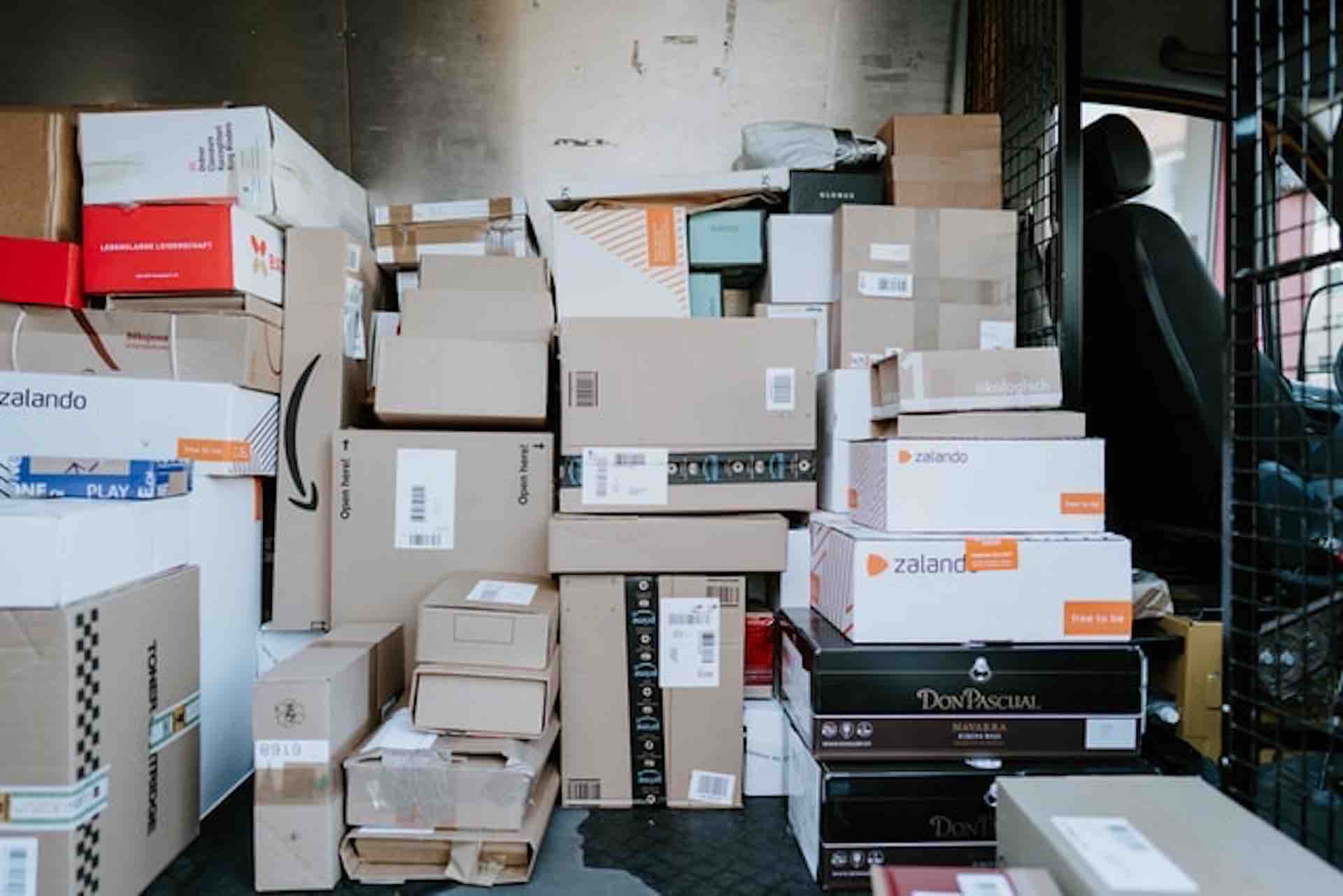On June 14, 2019, the European Parliament and the Council of the EU established a new regulatory framework on the compliance of products entering the EU single market. The Regulation (EU) 2019/1020 is part of the large-scale “Goods Package”.
The Regulation aims to strengthen the internal market and ensure health and safety standards are met by reducing the number of non-compliant goods crossing EU borders. The regulation still has to be signed and published in the Official Journal of the EU. It will enter into force on the twentieth day following publication and apply two years from the date of entry into force. A number of provisions will however apply as of 1 January 2021.
According to the European Council and Council of the European Union, the adopted regulation is part of the so-called “Goods package”, which also included the regulation of the European Parliament and of the Council on the mutual recognition of goods lawfully marketed in another member state that was adopted in March 2019.
The rapid increase in online cross-border sales directly to end customers created new challenges, along with the challenges posed by global markets and complex supply chains. Hence, the Market Surveillance Regulation will be tackling the posed tasks by (1) laying down rules and procedures for economic operators, (2) strengthening market surveillance of products covered by EU harmonization legislation, and (3) providing a framework for controls at the EU border. The regulation will be applicable to a variety of products, including construction products, machinery, toys, electrical and electronic equipment, medical devices, chemicals, and waste.
Click here for the full list of EU legislation covered in the annexes of the Regulation.
New obligations for EU economic operators
New rules demand new responsibilities: A significant role in this matter is attributed to the so-called “economic operators”. For all products that are subject to the new regulations, an economic operator has to be identified, who is responsible for ensuring the availability of the conformity documentation. The person will be accountable for cooperating with market surveillance authorities and informing them, when they have reason to believe that a product presents a risk.
The responsible person can be: (1) the manufacturer of the goods, (2) the importer (when the manufacturer is not based in the EU, (3) an authorized representative (acting on the manufacturer’s behalf, or (4) a fulfilment service provider established in the EU (when none of the above are based in the EU).
What’s new in this case, is the possible extended role of the fulfilment service provider (5). Due to the rising number of direct sales to private end customers and complex supply chains, they will close gaps in future. These arose, because e-customers are theoretically “importing” goods from third countries when ordering single items from China, for example. Obviously, in practice, their abilities to ensure that these products comply with EU law, are limited. Here, fulfilment service providers are called into action to confirm the compliance of the goods. Identity and contact details of the responsible person must be publicly accessible (e.g. on the website) as well as on the parcel, supporting documents or packaging.
Furthermore, products offered for sale online, or through other means of distance sales, are presumed to be made available on the EU market, if the offer is targeted at end customers in the EU – i.e., if the economic operator directs its activities to an EU member state, by any means.
What are the rights and duties of the market surveillance?
The Market Surveillance Regulation gives additional powers to the national market surveillance authorities to ensure the rules are followed. Thus, they can require the economic operators to provide relevant documents (access to software, information on supply chain and ownership of websites), take samples, and enter any premises. Additionally, they can demand the economic operators to take appropriate action in case of non-compliance (including withdrawals, recalls, or destruction), take proportionate measures if they fail to do so, and impose penalties. Ultimately, they may remove content from websites or restrict access to the online interface.
Impact on online sales
The greatest impact of the new regulation will undoubtedly be on B2C cross-border e-commerce. When appointing a responsible person, the costs for compliance and information are quite high for non-EU SMEs. Therefore, a reduced number of goods is expected from Asian companies with low value products, that are not designed to comply to EU standards and requirements. To ease the burden, large logistics service providers or the marketplaces themselves could offer compliance and responsible economical operators to third country manufacturers at lower cost.
What needs to be done?
As of January 1, 2021, the setup of the network for coordination and cooperation between enforcement authorities and the commission will go into operation. All other provisions of the regulation will come into force July 16, 2021. Thus, companies selling products to the EU should prepare the next steps and anticipate the new market conditions. This implies appointing a EU based economical operator, where needed.
Due to the Brexit, businesses who have appointed an economic operator within the UK, should reassess their options as well, and get in touch with their fulfilment service provider to discuss the next steps. Alas, until the summer of 2021, there is still time to act and prepare for the changes ahead. External service providers such as Hermes International, a division of Hermes Germany, fully assist their customers when it comes to information, fulfillment and compliance regulations along the supply chain.

